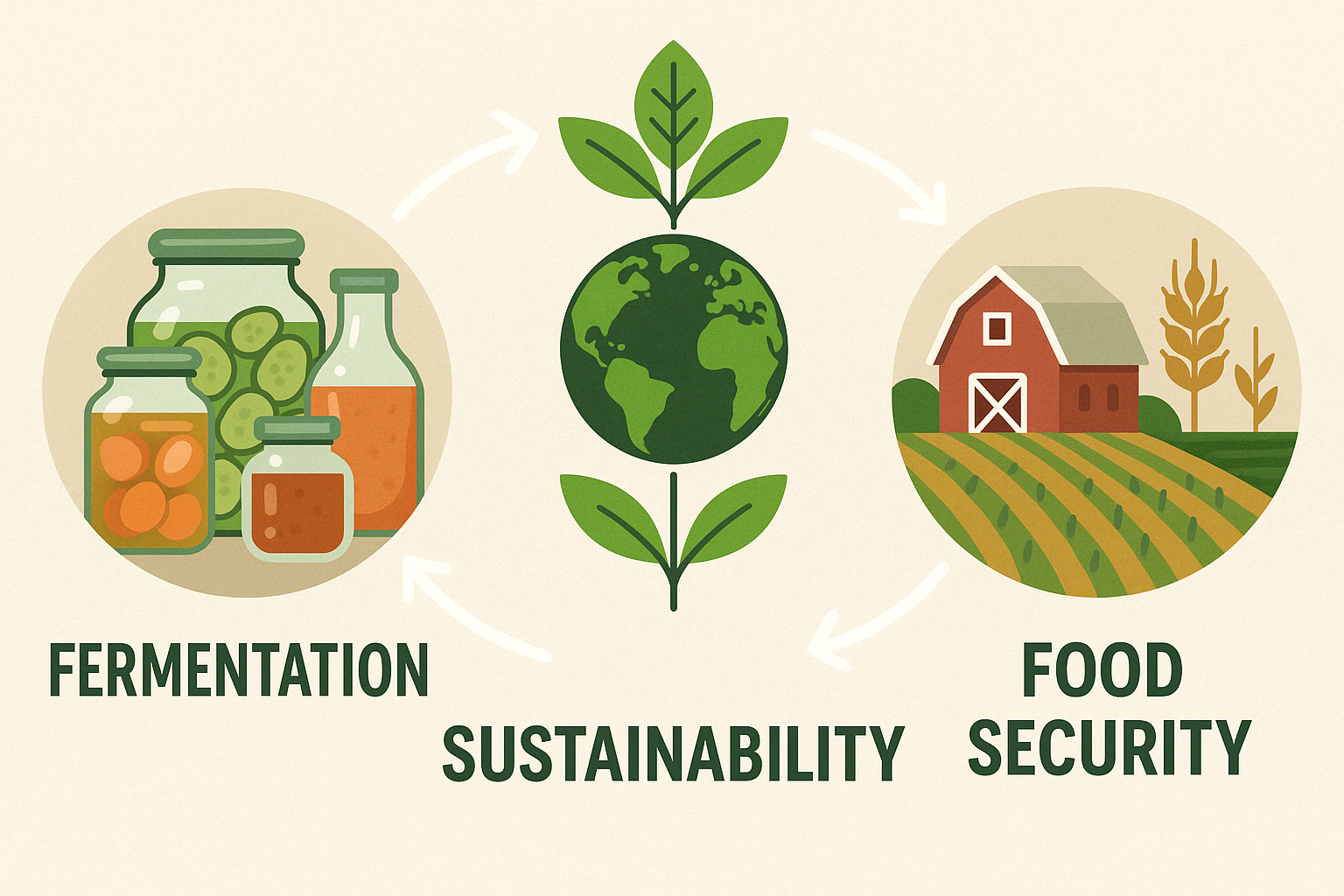Successfully scaling fermentation processes from lab-scale experiments to full-scale production is an essential but complex but essential step for companies developing fermentation-based products. This transition requires careful planning, expert knowledge, and the ability to navigate various technical, logistical, and regulatory challenges. Companies like YDLabs, with expertise in process development, scale-up, and downstream processing, are well-positioned to assist in this critical phase.
Understanding the Fundamentals of Scaling
Scaling a fermentation process involves increasing the volume of production from small laboratory setups to pilot, demonstration, and ultimately industrial-scale manufacturing. Each phase of scaling introduces new variables that must be managed to ensure consistency, efficiency, and product quality. The process typically follows a staged approach that includes lab-scale development, pilot-scale trials, and full-scale manufacturing.
Lab-Scale Development
The first stage of fermentation process scaling begins at the lab scale, where researchers focus on developing a reliable and reproducible protocol for microbial cultivation. Key factors to consider include selecting appropriate strains, optimizing growth conditions, and determining the best substrates for desired product formation. Process parameters such as pH, temperature, agitation, aeration, and nutrient concentration must be finely tuned to maximize yield and productivity.
During lab-scale development, analytical methods are used to monitor process performance, assess product purity, and identify potential inhibitors or contaminants. This stage also provides valuable data for subsequent scale-up efforts, allowing companies to establish baseline metrics for yield, productivity, and product quality.
Pilot-Scale Trials
Pilot-scale trials serve as a bridge between laboratory research and full-scale manufacturing. At this stage, the process is transferred to larger bioreactors, typically ranging from 80L a few Liters to 1,000Lthousands of Liters in capacity. This phase is crucial for evaluating the scalability of the process, identifying potential bottlenecks, and optimizing parameters for increased volume production.
Challenges commonly encountered during pilot-scale trials include maintaining consistency in microbial growth, ensuring adequate oxygen transfer, and preventing contamination. Additionally, mechanical factors such as mixing efficiency, shear stress, and heat transfer must be carefully managed to prevent detrimental effects on productivity and product quality.
Demo -Scale and FullIndustrial -Scale Manufacturing
Once a process has been successfully validated at the pilot scale, it can be further scaled to demonstration or full-scale production. This phase often involves bioreactors with capacities ranging from 1,000LThousands of Liters to 15,000L or morehundreds of thousands of Liters. Companies like YDLabs provide access to state-of-the-art facilities capable of supporting these large-demo-scale fermentation processes. In addition, via its collaborators, YDLabs can continue supporting such process to industrial scale
At this stage, downstream processing becomes increasingly important. Efficient separation, purification, and drying techniques must be implemented to ensure the final product meets desired specifications. Centrifugation, filtration, homogenization, and spray drying are commonly used methods for downstream processing in industrial-scale fermentation.
Optimizing Fermentation Parameters for Scale-Up
Successful scale-up requires a comprehensive understanding of the factors that influence microbial growth and productivity. These include temperature, pH, oxygen transfer, substrate availability, and mixing dynamics. Maintaining optimal conditions throughout the scaling process is essential for achieving consistent results and high yields.
Additionally, process optimization efforts should consider economic factors such as cost of raw materials, energy consumption, and equipment maintenance. Continuous monitoring and data analysis can help identify opportunities for further refinement and improvement.
Regulatory Considerations
Navigating the regulatory landscape is another critical aspect of scaling fermentation processes. Depending on the target market and application, companies may need to adhere to specific guidelines related to food safety, environmental impact, and product labelinglabelling. Ensuring compliance throughout the scale-up process is essential for successful commercialization.
Conclusion
Scaling fermentation processes from lab to production is a challenging but rewarding endeavor. By leveraging expertise in process development, pilot-scale trials, and industrial-scale manufacturing, companies like YD Labs can help clients navigate the complexities of scale-up and bring their innovative products to market. With continued advancements in fermentation technology and process optimization, the future of scalable fermentation-based manufacturing looks increasingly promising.

